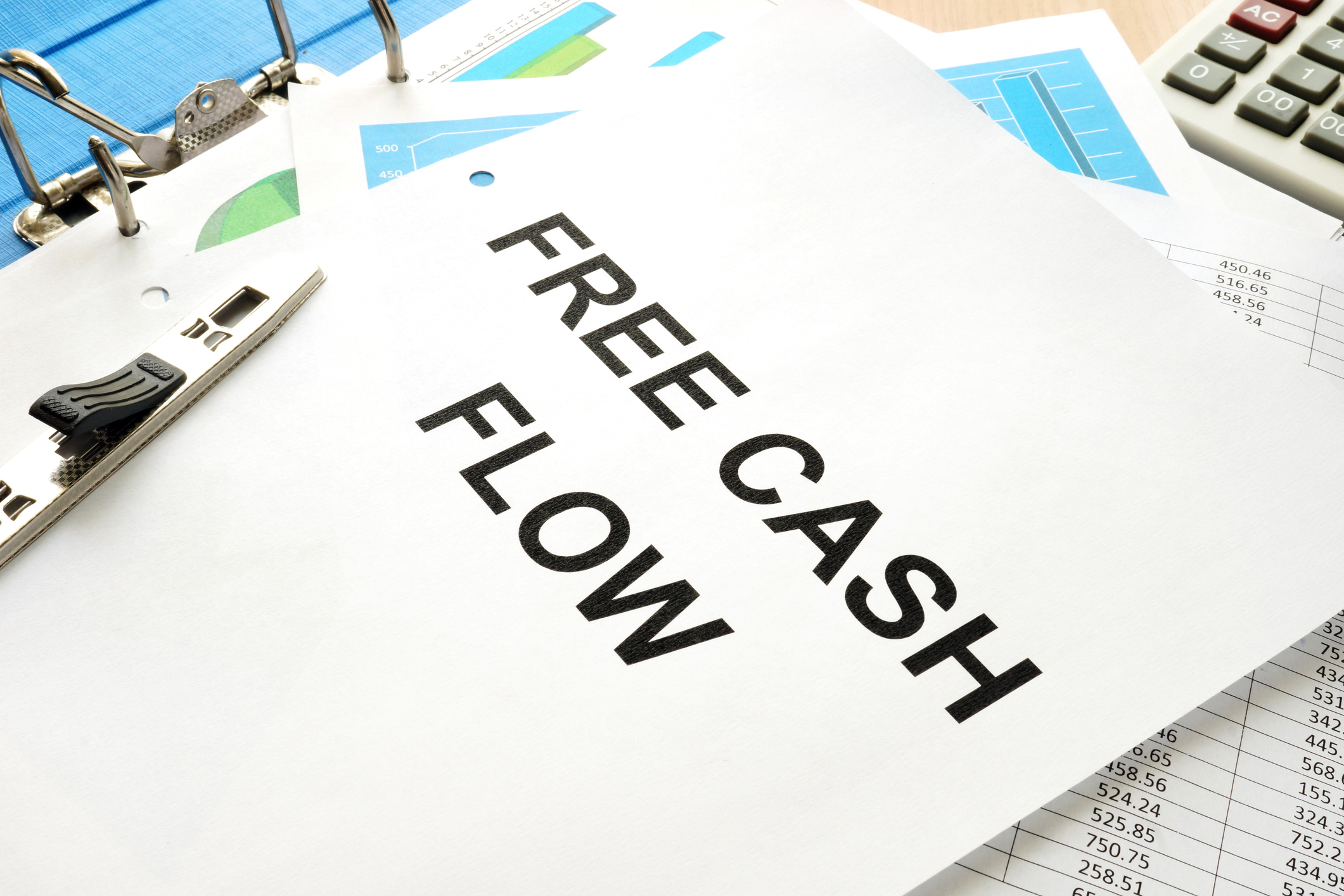
Get the latest financial news, insights and expert analysis from our award-winning MoneyWeek team, to help you understand what really matters when it comes to your finances.
You are now subscribed
Your newsletter sign-up was successful
Want to add more newsletters?
Free cash flow is a pure measure of the cash a company has left once it has met all its operating obligations. To get it, you subtract a firm's non-discretionary costs such as capital expenditure from its operating cash flow.
As a rule of thumb, a genuinely healthy company will tend to show positive free cash flow every year. It is free cash flow that allows a company to buy back shares, increase dividends, negotiate acquisitions, pay off debt and upgrade its equipment.
The free cash flow yield is worked out by dividing free cash flow per share by market capitalisation and total debt. The resulting percentage is a useful way of comparing companies that operate in the same market. The higher the firm's free cash-flow yield, the better.
MoneyWeek
Subscribe to MoneyWeek today and get your first six magazine issues absolutely FREE

Sign up to Money Morning
Don't miss the latest investment and personal finances news, market analysis, plus money-saving tips with our free twice-daily newsletter
Don't miss the latest investment and personal finances news, market analysis, plus money-saving tips with our free twice-daily newsletter
See Tim Bennett's video tutorial: Five ways companies can cook cash flow.
Get the latest financial news, insights and expert analysis from our award-winning MoneyWeek team, to help you understand what really matters when it comes to your finances.
MoneyWeek is written by a team of experienced and award-winning journalists, plus expert columnists. As well as daily digital news and features, MoneyWeek also publishes a weekly magazine, covering investing and personal finance. From share tips, pensions, gold to practical investment tips - we provide a round-up to help you make money and keep it.
-
 What the government’s baby boomer retirement data says about the future of pensions
What the government’s baby boomer retirement data says about the future of pensionsA study of the retirement routes of people born in 1958 paints a worrying picture for people’s pension savings
-
 An experienced investor’s end of tax year checklist
An experienced investor’s end of tax year checklistThe clock is ticking down before the end of the 2025/26 tax year, when any tax-free savings and investment allowances are lost. For experienced investors, though, the deadline for some tax-saving schemes is even earlier.

